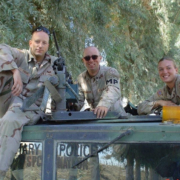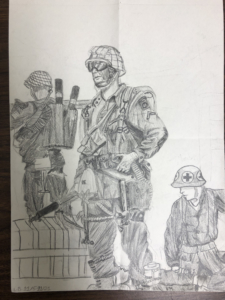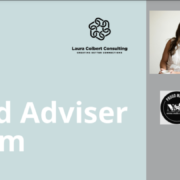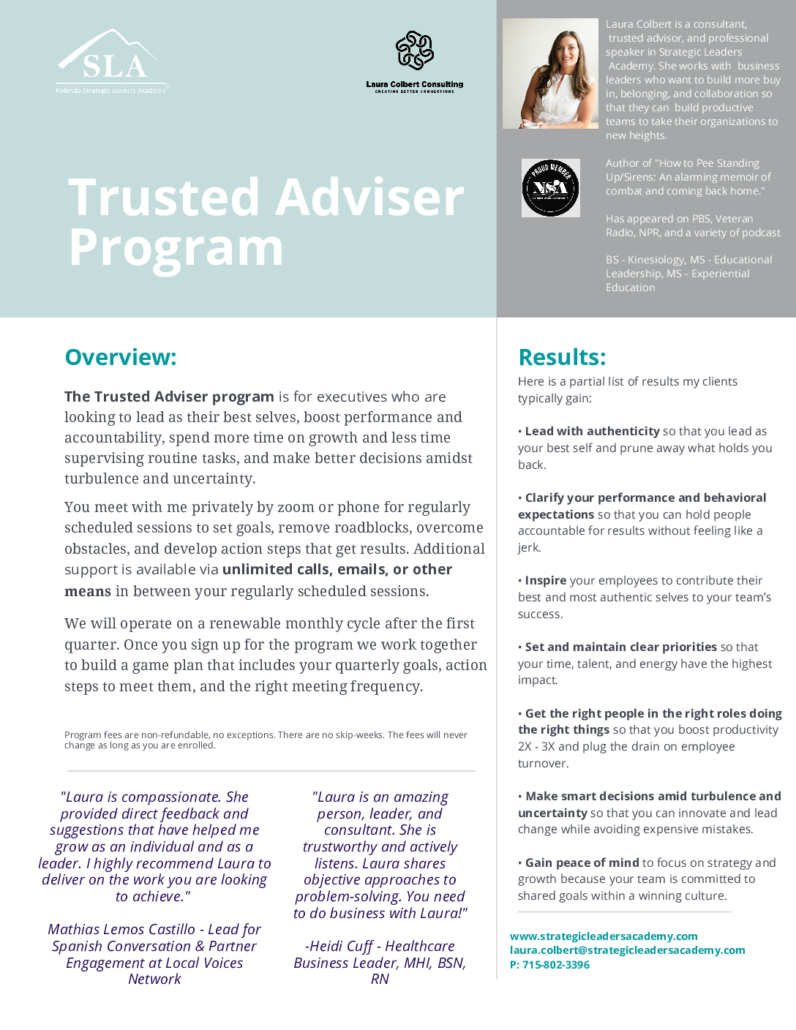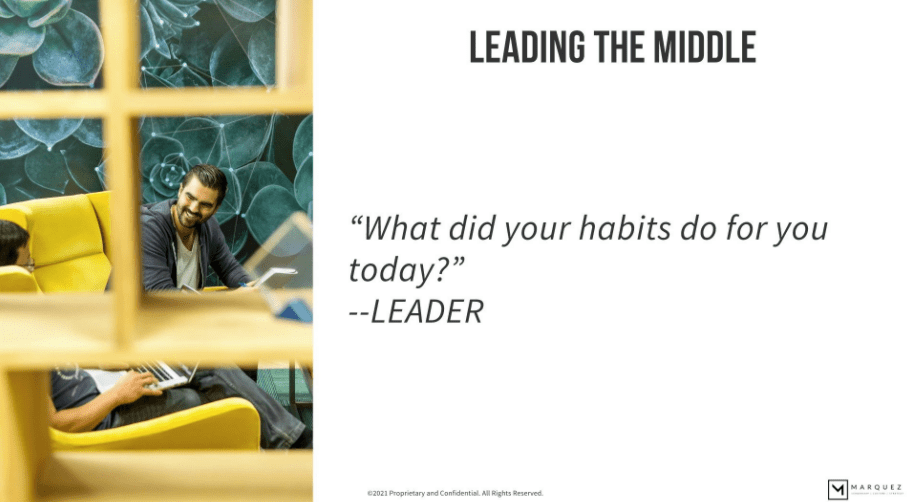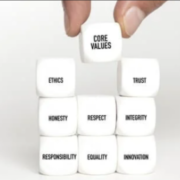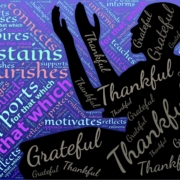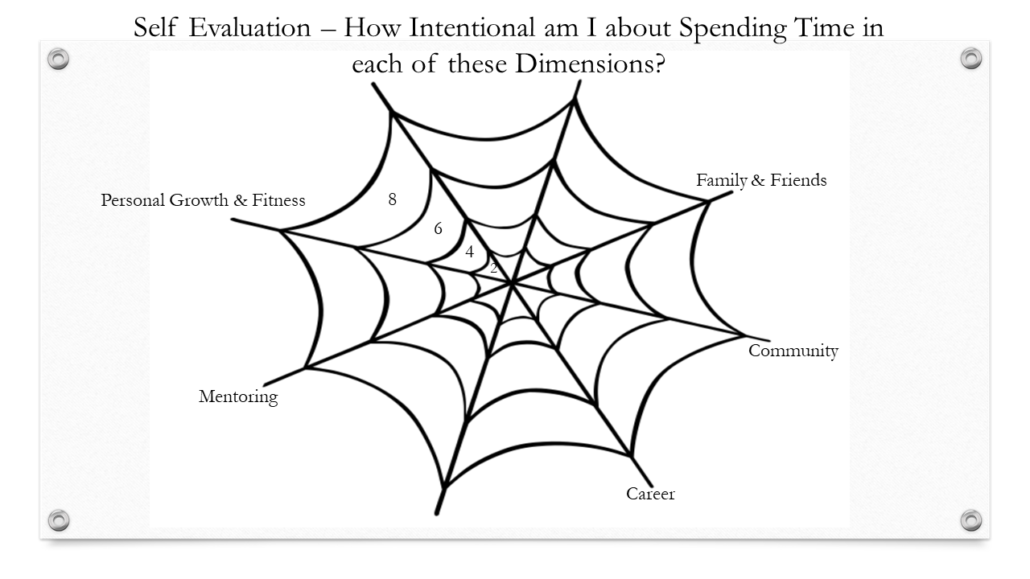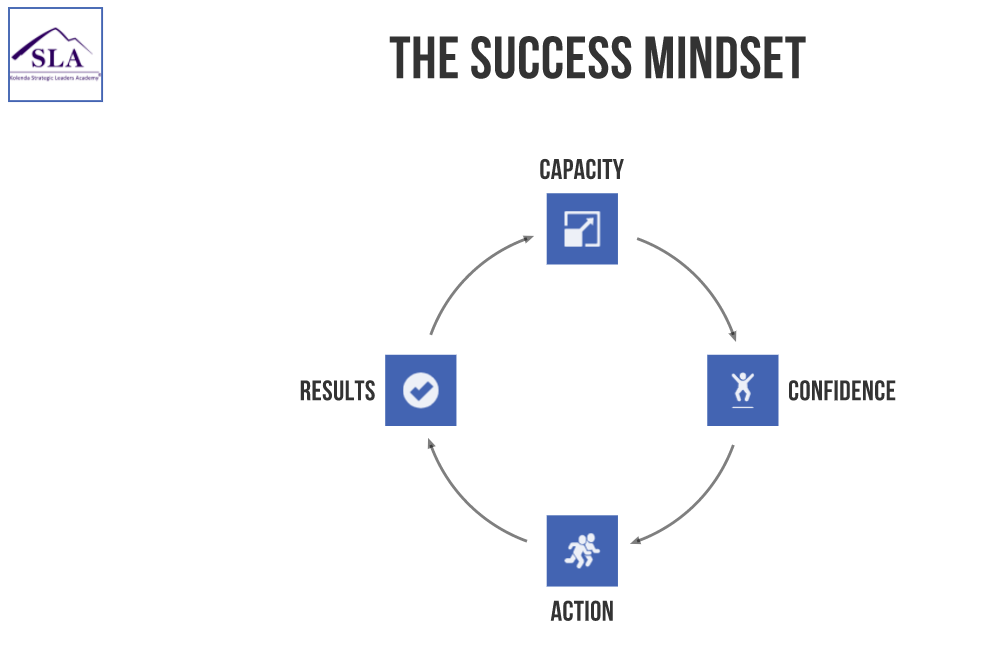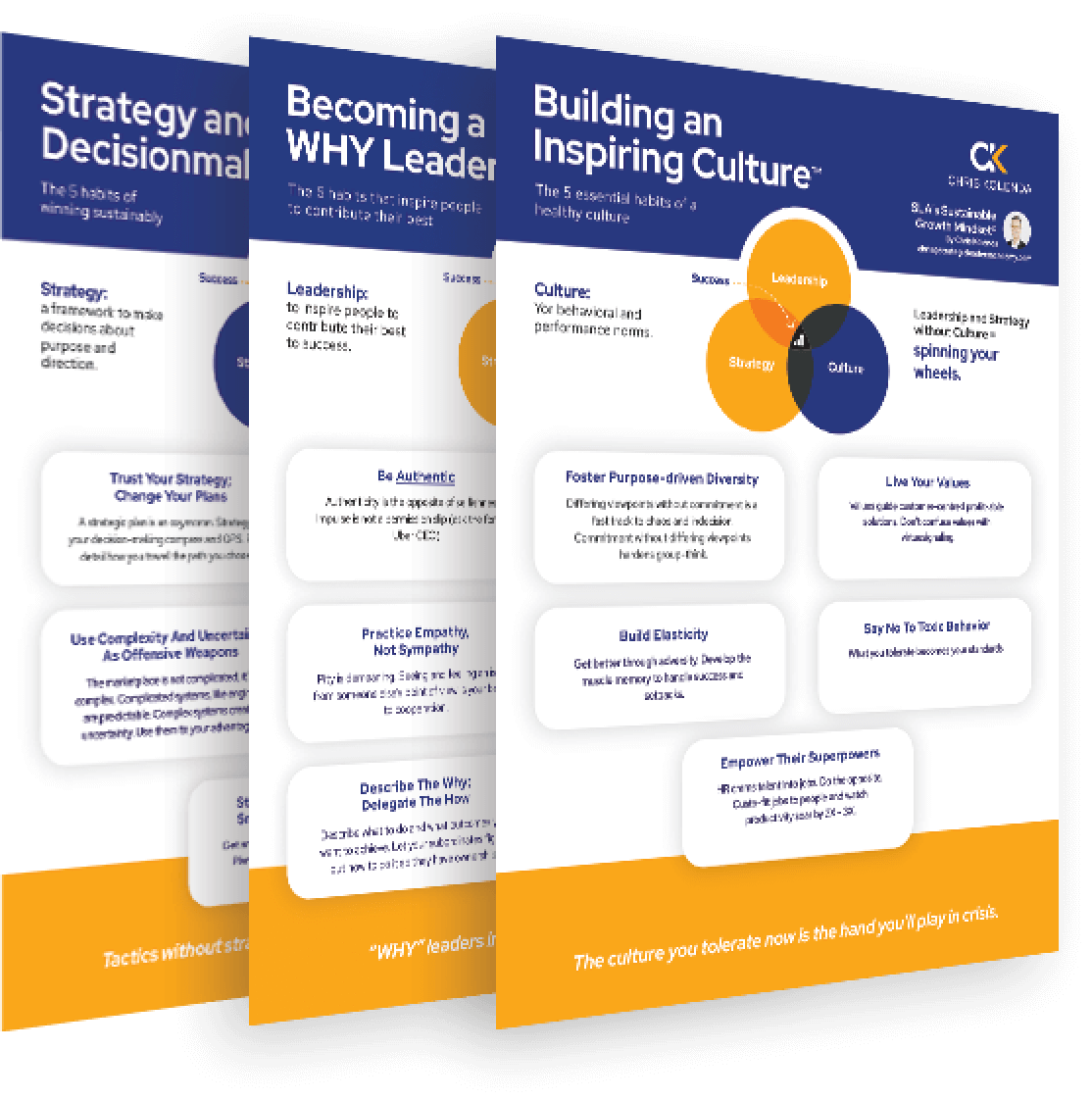What an Afghan Hero Taught Me about Thanksgiving 2021
I’m dedicating this Thanksgiving to the exemplars in my life.
I’m thankful for Iqbal.
He and his family arrived in America with only the clothes on their backs. A group of us visited him in Seattle this weekend.
Iqbal worked his way from being a day-laborer on our outpost in Afghanistan to a cultural advisor and then an interpreter because he taught himself English (Iqbal speaks 5 languages). He helped Nate Springer (below, right) and I build bridges to local communities by letting us know about decades-long blood feuds, ways people tried to manipulate us, and behind-the-scenes issues that helped us understand why people were doing what they were doing. His support saved American lives. Iqbal never used his position for illicit gain.
He applied for a Special Immigrant Visa in 2014. A bureaucratic error from a human resources officer at a government contractor resulted in the State Department denying the application. I threw up in my mouth when I read the letter. Several of us, spearheaded by Dan Wilson (2nd from right), helped him re-apply.
He tried to start a business, but the corruption costs were too high. He enlisted to serve in a special operations force. Despite having no formal schooling, Iqbal rose in the ranks quickly to become an officer. By 2021, he was a lieutenant colonel in charge of 1000 soldiers.
His bosses expected him to use his position to move money into their pockets. Iqbal refused. His integrity earned him spite from those officials and dangerous assignments. The last of those was defending the Kandahar airfield in August as the Afghan state was disintegrating. Nearly out of food, water, and ammunition, Iqbal’s unit fended off Taliban attacks as hundreds of Afghans evacuated to Kabul. Iqbal made certain that two American reporters made their way out safely.
When he discovered that not all his soldiers had gotten out, Iqbal flew back to Kandahar to get them. The plane returned to Kabul, stranding Iqbal and about 100 others. He delayed the Taliban through skillful negotiations. Miraculously, a final aircraft returned to Kandahar to pick up Iqbal and his men.
Iqbal and his family made their way to America during the chaotic evacuation and just arrived in Seattle. Josh Rodriguez (seated between me and Iqbal), who Iqbal advised in 2008, started a fundraiser. Thanks to boosts from people like CNN’s Jake Tapper, the fundraiser amassed over $104,000. Iqbal had no idea.
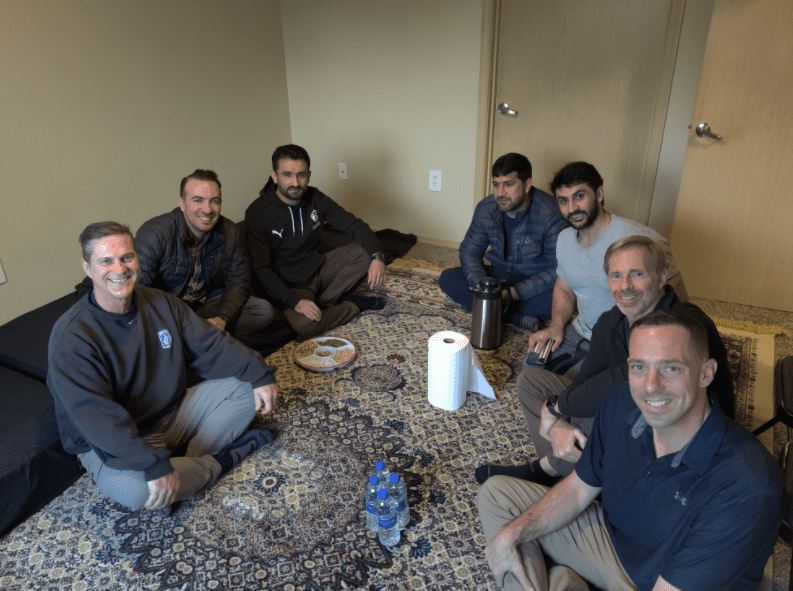
As we gathered around the carpet in his new apartment, Iqbal (in the corner to my left) told us how thankful he was. “I’ve never had formal schooling,” he said, “but you taught me how to lead, to live a life of integrity, to do what’s right, and to take care of the people on my team.”
“When you came to my country, I was very grateful. You left behind your families to help us. When I arrived in America, I became even more thankful.”
What do you mean by that, one of us asked?
“Being here has allowed me to see what you left behind to come to Afghanistan.”
Tears welled in his eyes when Josh told him about the fundraiser. He could not believe that Americans could be so generous.
He plans to build a business and employ as many of his former soldiers as possible. They stood their ground in Kandahar because Iqbal was their exemplar of courage, integrity, and caring.
I’m dedicating this Thanksgiving to the exemplars in my life.
Happy Thanksgiving.


